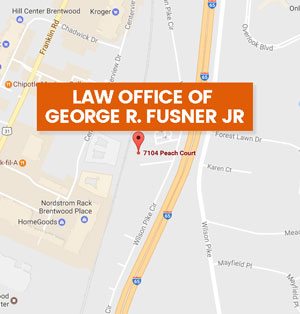People who ride motorcycles know that doing so is inherently dangerous, and the more conscientious riders usually make it a point to ride defensively and ultimately reduce the risk of causing a collision. Unfortunately, even the most cautious and experienced riders can find themselves in a devastating motorcycle crash because of drunk, distracted, or reckless drivers on the road around them.
According to the Centers for Disease Control and Prevention, motorcycle-related deaths have been on the rise since 2000. Additionally, the economic burden of crash-related injuries and deaths totals more than $10 billion per year.
The financial impact of serious motorcycle accidents on society is just one reason why most states have implemented some kind of helmet law. The Insurance Institute for Highway Safety reports that 19 states and Washington, D.C. currently have universal helmet laws in place, which require riders and passengers of all ages to wear a helmet.
In 28 states, there are laws that require some riders to wear a helmet, and in three states, there are no motorcycle helmet laws whatsoever. Even if you trust your own riding skills, though, you cannot trust the other motorists around you. Thus, you should always consider wearing a helmet, even when riding through states that do not require you to do so.
If you sustained serious injuries in a motorcycle accident, turn to the Law Office of George R. Fusner Jr. Mr. Fusner has more than 40 years of experience as a practicing attorney, and he will relentlessly help you fight for the maximum payout. Call 615-251-0005 or 800-427-8960 to schedule a free case evaluation with a personal injury lawyer in Nashville.
Do Motorcycle Riders Have to Wear Helmets in Tennessee?
Although it has been up for debate several times in recent years, Tennessee remains one of the 19 states with a universal helmet law. That means all riders and passengers must wear a helmet that meets federal safety standards. An exception applies to riders who are operating a motorcycle that:
- Has an enclosed cab;
- Has three wheels in contact with the ground;
- Weighs less than 1,500 pounds; and
- Can maintain the posted speed limit on highways.
What Should You Look for in a Motorcycle Helmet?
For optimum protection when riding, it is essential to find the right helmet for you. That means in addition to meeting safety standards established by the Department of Transportation, it should also fit snugly and match the shape of your head as closely as possible.
When shopping for motorcycle helmets, look for one that has a thick liner to absorb the force of impact and a sturdy chinstrap to keep it securely fastened at all times. Additionally, make sure you keep track of when you actually purchase the helmet because you should replace it every five years and after every collision.
If you sustained debilitating injuries in a motorcycle wreck, you may have grounds for a personal injury claim. Contact the Law Office of George R. Fusner Jr. to discuss your case. You may be entitled to compensation for medical bills, lost income, and non-economic damages.
George R. Fusner Jr. will help you avoid costly mistakes during the claims process such as accepting a settlement too early, making a recorded statement to the insurance company, or overlooking future damages. Call 615-251-0005 or 800-427-8960 to schedule a free consultation with a Nashville wreck attorney. You can learn more about car crash claims in Tennessee by visiting USAttorneys.com.





